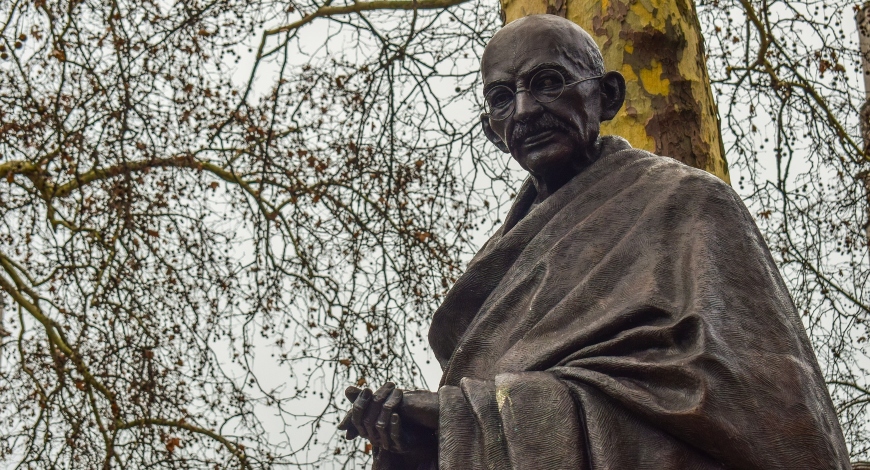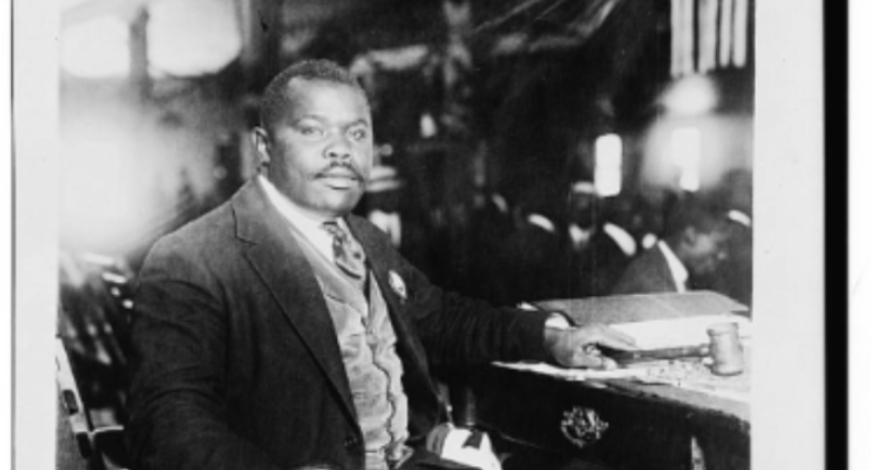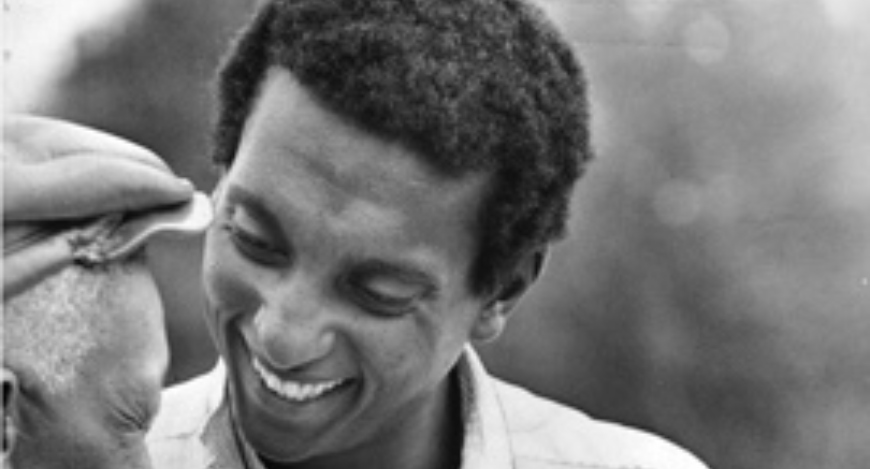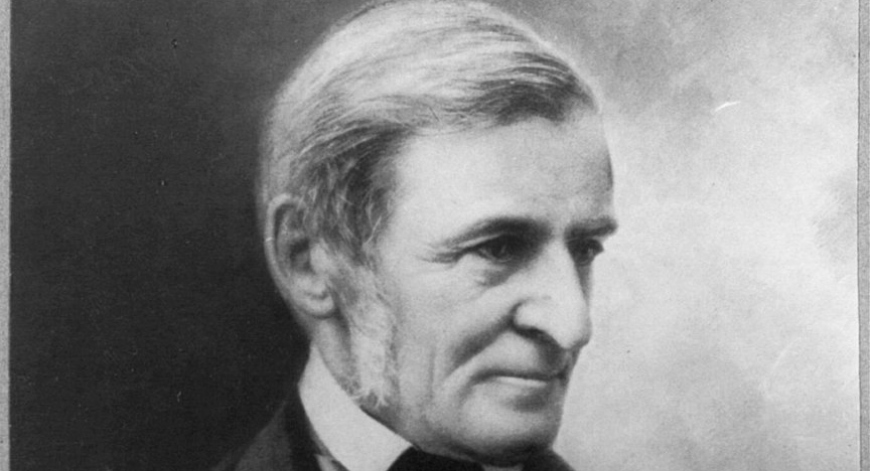Enemies have a way of bringing out the worst in us. They make us act and think in mean ways. When we mimic the behaviors of our enemies we get revenge on them and feel a fleeting sense of accomplishment. But, in the process, we feel badly because we stoop to their level. Maybe resisting anger is a better way to respond. That way, we maintain self-control and draw attention to our enemy’s negative behavior and are able to preserve our own integrity.
When bad things happen, students have choices to make on how to protect themselves. Some choose to fight back against the people or events which caused them pain, thinking that they have the power to change the world into something better. Others recoil and focus on changing their internal attitude, hoping that by doing that, they can maintain happiness no matter what happens. The wisdom of what to do in different situations comes with experience.
The old adage “Just be yourself” looks good on paper but gets pretty scary in the real world when we must rely on our own instincts to make decisions. Dangers abound. What if we make a mistake and hurt somebody? These fears– fueled by lack of confidence– cause us to look to other people to do the thinking and acting for us. Our role models inspire us to be better, but sometimes they become convenient ways to escape the responsibility we have to be the best versions of ourselves.
Most teachers agree that skills and content are important components for a quality education. Debate erupts over which is more important. Some argue that teaching a person how to think should be the primary focus. Others argue that teaching content knowledge is more worthwhile. In the middle of this debate are the students who have very passionate ideas of what the purpose of school should be.
Peer pressure is real. Whether out of fear of being different or just plain lack of confidence, students love to follow the crowd. It’s safe that way; they get the rewards of being liked without the risks of alienation. But then sometimes conforming to the group strips away an individual’s dignity and self-worth and, in the worst of cases, leads to destructive decisions. Deciding when to follow the group– and when to go at it alone– is an ongoing moral struggle that students must resolve in school and beyond.
There’s no denying that confidence plays a role in success. What’s harder to determine is just what kind of role. Some say that a confident mindset going into a task is the most important ingredient for success. Others say the only way to be confident is to actually achieve something first. Students must determine for themselves how to gain confidence in a way that supports their happiness and positive sense of self-worth.
Children are taught from a young age that when they want something they should wait their turn until they are granted permission. Waiting cultivates patience. It shows good manners. This attitude works in some settings but when it comes to gaining respect from others, the whole idea of waiting becomes burdensome and futile, especially when other people treat you poorly. Sometimes, children should be taught to advocate for themselves to get people’s attention about injustice. Figuring out when to do this in the right way is a life-long moral challenge.
The old adage “Just be yourself” looks good on paper but gets pretty scary in the real world when we must rely on our own instincts to make decisions. Dangers abound. What if we make a mistake and hurt somebody? These fears– fueled by lack of confidence– cause us to look to other people to do the thinking and acting for us. Our role models inspire us to be better, but sometimes they become convenient ways to escape the responsibility we have to be the best versions of ourselves.
The feeling of being afraid is something with which all students can identify. Fear paralyzes and diminishes one’s ability to think, learn and form positive human relationships. Fear is something to be avoided at all costs, and that the proper attitude is to be open and be willing to take risks without fear of failure. Yet, sometimes fear can lead people to make smart, safe decisions and provide security in the midst of an unstable situation.
The power of self-awareness isn’t obvious to us. So often we feel ourselves to be at the mercy of life. Life just happens to us. When things don’t go our way, we often throw our energies into changing other people and events to make things right. But maybe our efforts to change the world are futile. Maybe the only thing we really have control over is our attitude towards what happens. If we realize this, then we can find the strength, peace and acceptance we’re looking for.
Everybody respects heroes because they rise above average to do extraordinary things. Common wisdom sees heroism as something you attain by serving others. It’s that firefighter who saves lives or that doctor who finds a cure for a disease. But maybe heroism doesn’t require such remarkable work. Maybe if we just put trust in who we are and emanate confidence, then that will make us a hero.
Fear is a force that is so debilitating for kids and adults alike. Fear obstructs clear thinking and fuels anxiety in a way that makes it hard to work and be successful on anything. Often, uncertainty is behind our fears. When we don’t know what to do, we become afraid of what the future has in store for us. Yet sometimes knowing what to do actually inspires our fear. Successful management of our fears is a life-long challenge.












